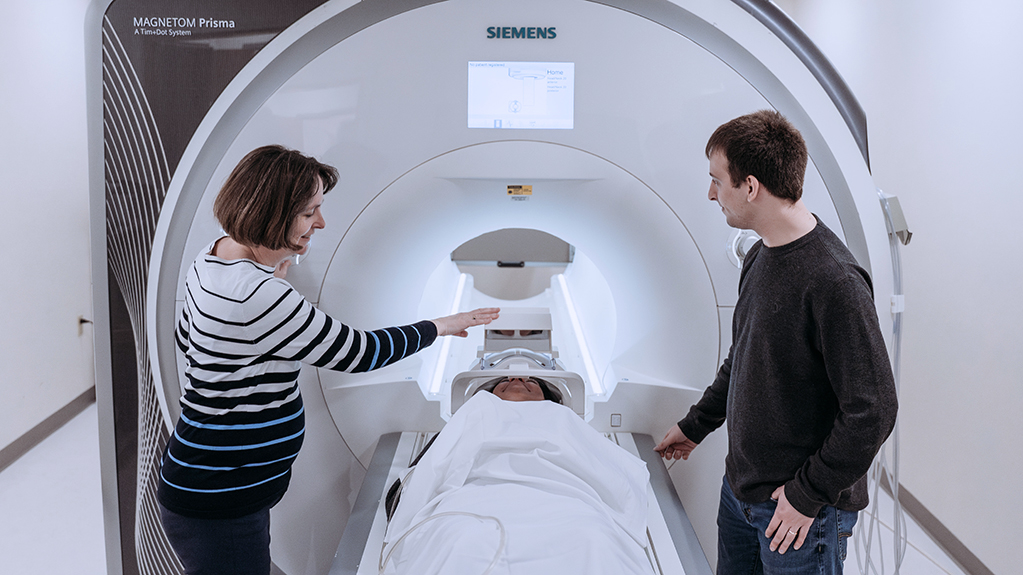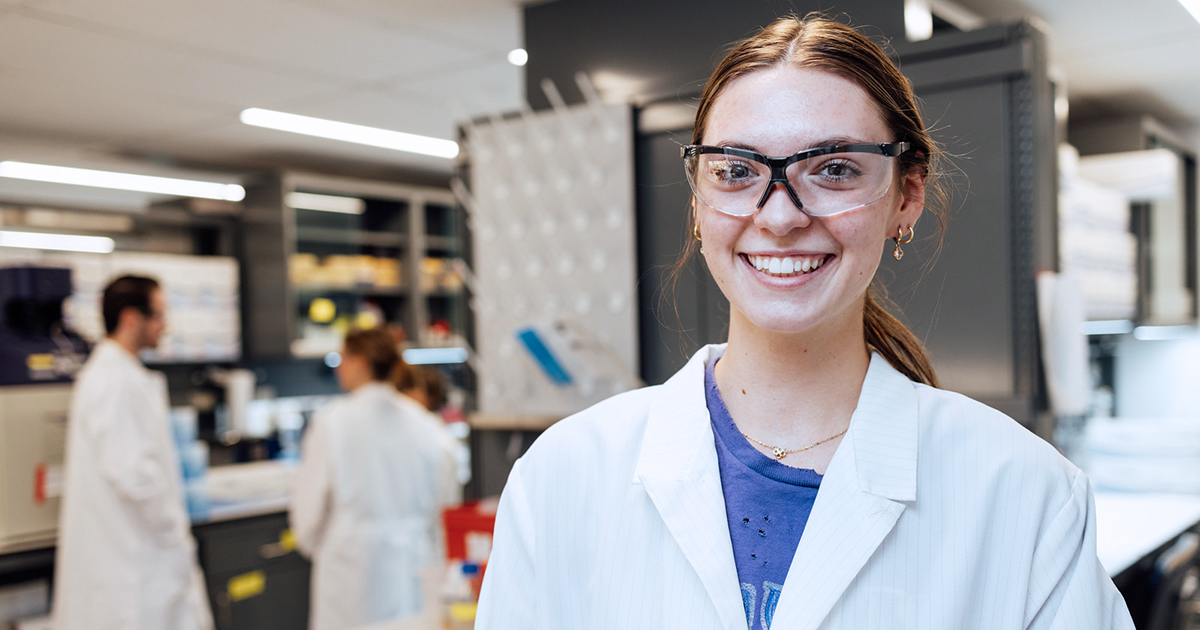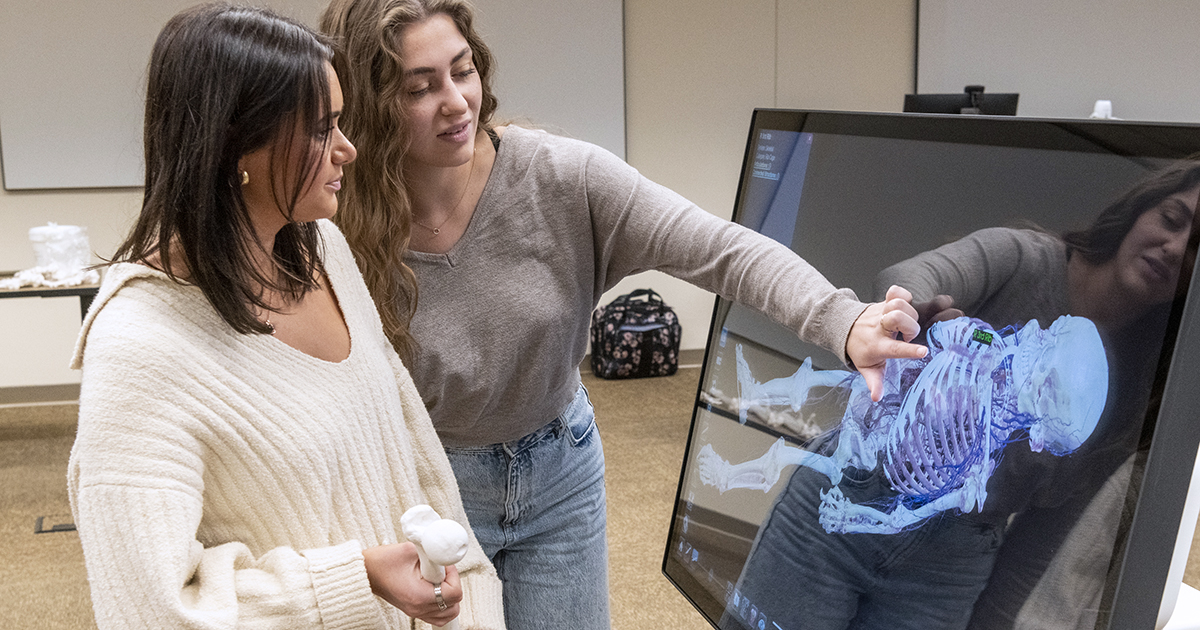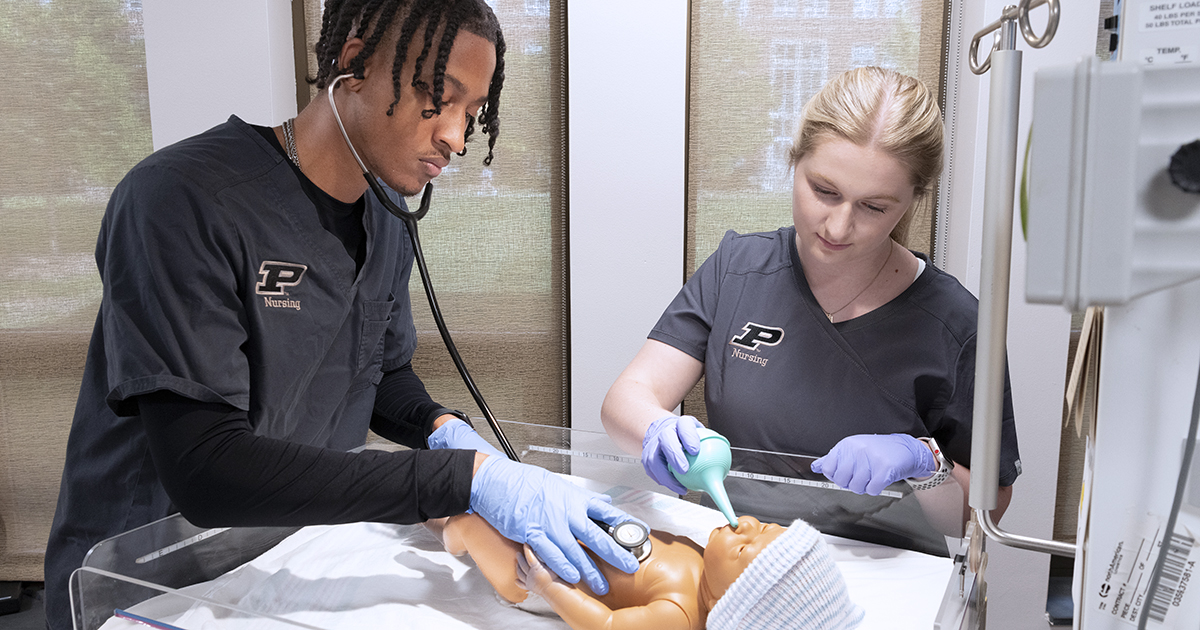Radiological Health Sciences
Advance the safe use of radiation through Purdue’s radiological health sciences major. Study physics, health and engineering while gaining clinical and research experience, and prepare for careers in healthcare, research, public health and industry.

Why Purdue?
A radiological health sciences degree prepares you to lead in medical physics, radiation protection, public health and research. Some potential career paths include:
- Medical physicist
- Imaging scientist
- Health physicist
- Radiation safety officer
- Radiological control technician
- Medical health physicist
Through valuable learning experiences and world-class instruction, our radiological health sciences alumni find success in a variety of careers and advanced degree programs. Some examples include:
- Master’s degree/PhD in medical physics, Purdue University
- Master’s degree/PhD in medical physics, University of Kentucky
- Master’s degree/PhD in physics, Washington University in St. Louis
You should pursue the most rigorous high school curriculum available to you. Succeeding in challenging courses will allow you to be a stronger candidate for Purdue’s competitive admission process and better prepare you for college success.
Minimum high school coursework (many applicants exceed these minimums):
- Math – 4 years
- English – 4 years
- Lab science – 3 years
- Social studies – 3 years
- World language – 2 years
Connect
College of Health and Human Sciences
Discover our 20-plus majors across nine departments and schools dedicated to improving human health and quality of life.
Contact
Undergraduate Student Services
(765) 494-8533
hhsrecruitment@purdue.edu
Visit
Experience for yourself all that Purdue has to offer with opportunities to explore in-person or virtually.
Apply
Ready to take the next step? Apply to begin your journey at Purdue in the radiological health sciences major.
Transfer to Radiological Health Sciences
Purdue admits to individual majors. Transfer students must meet Purdue’s overall transfer criteria, as well as any major-specific requirements. Before you apply, check the closed programs page to confirm this major is open to transfer students. If it is, refer to the information below for major-specific transfer criteria.
- Minimum 3.0 GPA
- Any combination of at least two courses equivalent to the following Purdue courses — CHEM 11510/20/30, CHEM 11610/20/30, BIOL 11000, BIOL 11100, MA 16010 or MA 16500, or a calculus-based physics course, with a minimum grade of C in each course.










